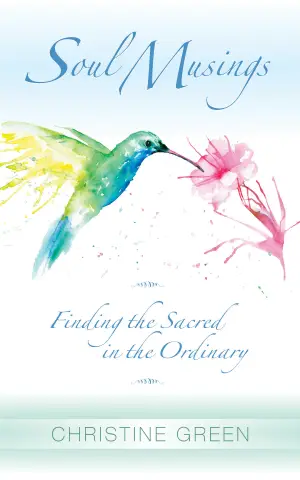Book Review: The Society of Shame by Jane Roper
When I first stumbled upon Jane Roper’s The Society of Shame, the title alone piqued my curiosity. In an age where shame can go viral in a heartbeat, the notion of a society dedicated to embracing it felt both timely and provocative. Little did I know that this witty, heartfelt satire would not only entertain me but also prompt deep reflections on the bizarre intersections of social media, public life, and personal identity.
Roper introduces us to Kathleen Held—a seemingly ordinary woman thrust into an extraordinary scandal that launches her into the heart of a social media frenzy. Picture this: Kathleen comes home to discover her house ablaze and her husband in a compromising position—all against the backdrop of a menstruation mishap captured in a viral photo. The ensuing chaos is a brilliant, albeit uncomfortable, commentary on our modern obsession with public shame and the often ridiculous lengths we go to for validation (or survival) in the digital age.
Throughout the novel, Roper expertly navigates themes of womanhood, activism, and the complexities of mother-daughter relationships. Kathleen’s journey from humiliation to becoming the face of the #YesWeBleed movement reflects a poignant shift from victimhood to empowerment. Yet, the satirical edge of the narrative brings a lightness to these heavy topics, making it a rollicking read. I found myself laughing out loud at moments that were both cringeworthy and relatable, a testament to Roper’s sharp wit. "You could have worse problems," Kathleen thinks at one point, reminding herself that life could always throw a more ridiculous curveball—something I found reassuring and deeply relatable.
Roper’s writing style is refreshing; her prose flows effortlessly, balancing humor and depth without overshadowing the story’s emotional impact. Each chapter, aptly reflecting a day in Kathleen’s chaotic life, contributed to a well-paced narrative that compelled me to keep turning the pages. Roper also ensures we feel the weight of public opinion on the characters, making it a relatable read for anyone who has felt the scrutinizing gaze of social media.
One standout moment was when Kathleen joins the titular Society of Shame. Here, she discovers a motley crew of individuals, each carrying their own baggage of public embarrassment. Their stories resonate with genuine experiences of failure and redemption, crafting a narrative tapestry that is both familiar and deeply human. It reminded me of the power of community—even in the face of shame—something we all seek in our own lives.
In conclusion, The Society of Shame is a delightful satire that masterfully critiques our social media culture while also delivering a heartfelt journey of self-discovery. It’s perfect for readers who enjoy a blend of humor and poignant social commentary. If you want a book that combines laugh-out-loud moments with food for thought, look no further; this novel will leave you pondering the true cost of our digital existence long after you’ve turned the last page. It certainly did for me, and I’ll be passing it along to friends for our next book club discussion—because who doesn’t love dissecting the absurdity of modern life together?






